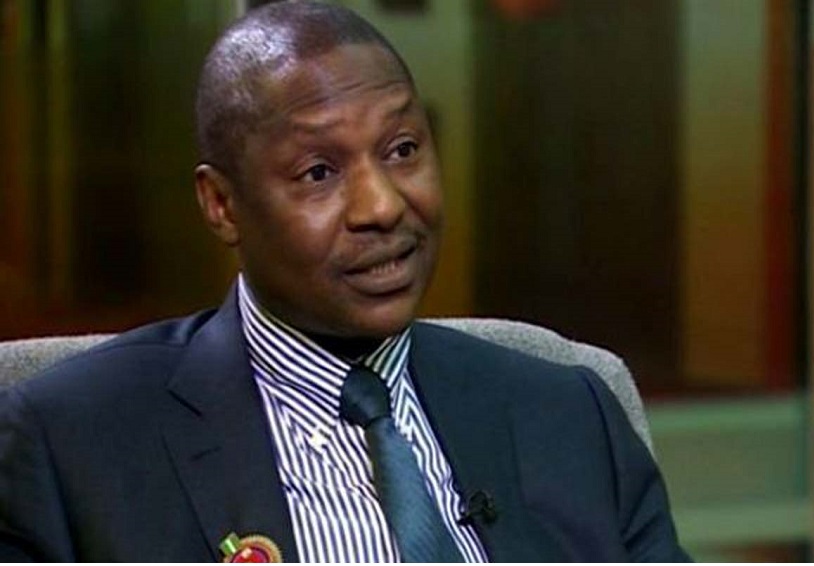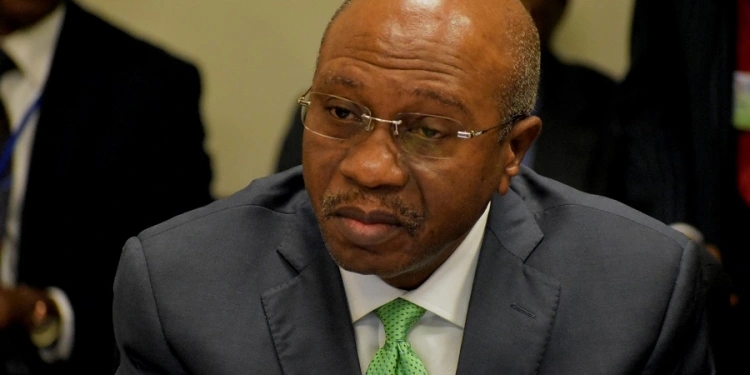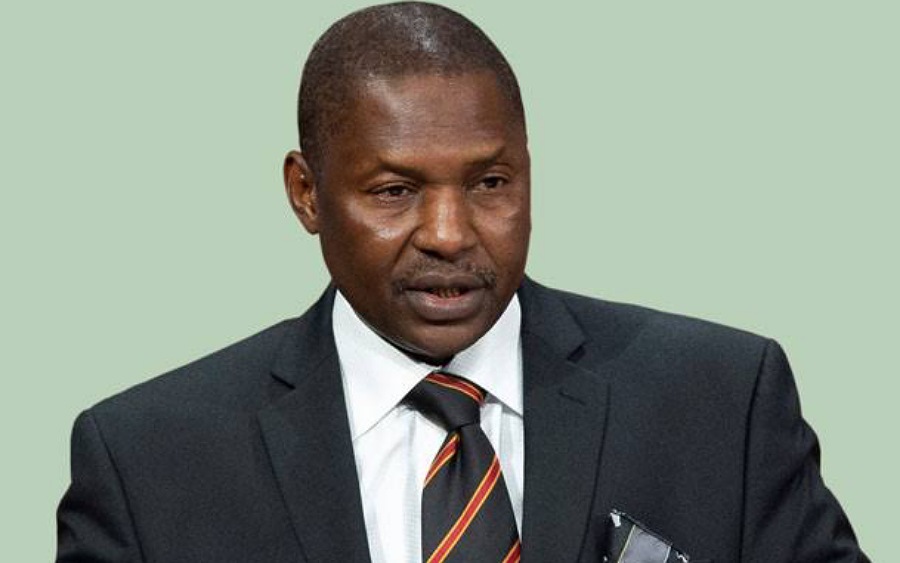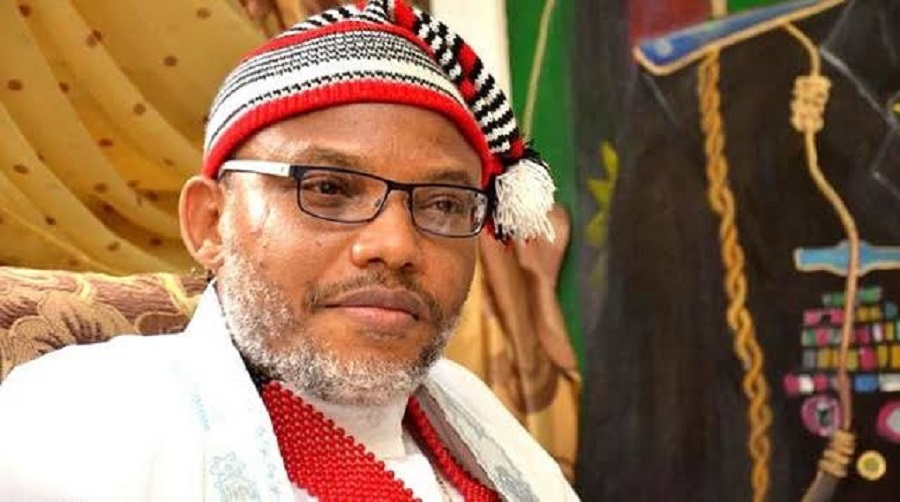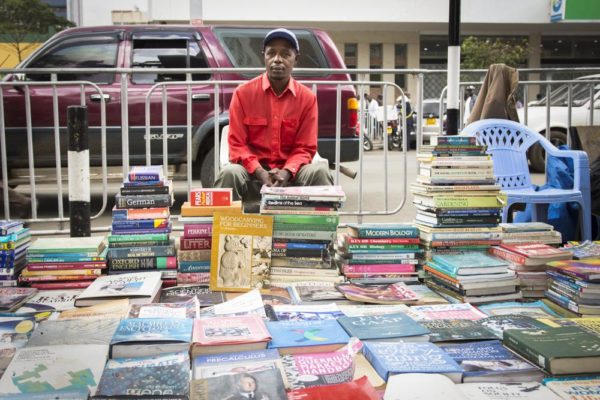The Federal Government is set to receive fresh $308 million looted by late General Sani Abacha following the signing of an asset recovery agreement by the Government of Jersey, the Federal Republic of Nigeria and the Government of the United States of America.
The agreement was signed by the Solicitor General and Attorney General, Mark Temple QC on behalf of Jersey, Deputy Assistant Attorney Brian Benczkowski on behalf of the United States and Nigeria’s Attorney General and Minister of Justice, Abubakar Malami.

According to a statement released by the US, the money which was brought up as a case for recovery as far back as 2013 was looted by General Abacha and his associates including his sons, Ibrahim and Mohammed. The laundering operation extended to not only the United States but other places such as the UK, France, Germany, Switzerland, Lichtenstein and Luxembourg.
Speaking on the development, Malami said that this agreement signified a major victory for Nigeria and other African countries as it commended the international community for seeking ways to support sustainable development through the recovery and repatriation of stolen assets.
He also made known that the funds would be spent on road construction and other infrastructure projects in the country.
[READ MORE: FG to facilitate tax incentives for SMEs)

“Without the commitment of the three parties to the Agreement (Nigeria, Jersey and the United States) and that of the legal experts and Attorneys representing Nigeria, it would have been impossible to achieve the success recorded today.
“As you are aware, the government of Nigeria has committed that the assets will support and assist in expediting the construction of the three major infrastructure projects across Nigeria – namely Lagos – Ibadan expressway, Abuja – Kano expressway and the second Niger bridge.
“These projects currently been executed under the supervision of the Nigeria Sovereign Investment Authority (NSIA) as a public-private partnership (PPP) will boost economic growth and help alleviate poverty by connecting people and supply chains from the East to the West and to the Northern part of Nigeria, a vast area covering several kilometres with millions of the country’s population set to benefit from the road infrastructures,“ Malami said.

